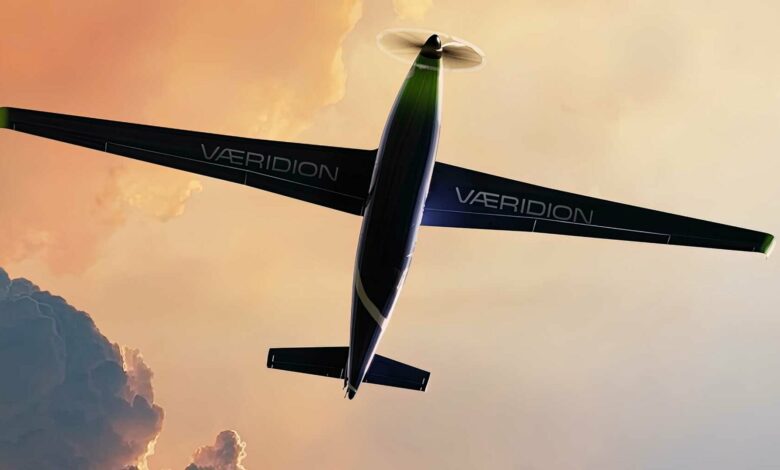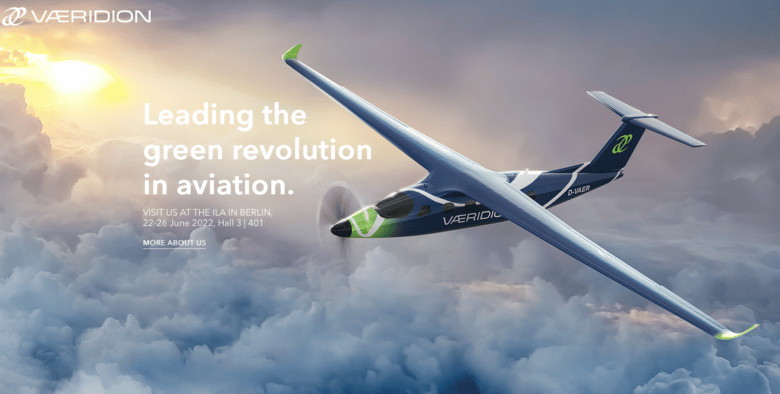
Electromobility is advancing steadily in Germany. However, this is currently still expressed in the increasing proportion of electric cars, electric bicycles and e-scooters in everyday road traffic. But what about the airspace, actually? Aircraft are also considered real CO² offenders. The Munich-based startup Vaeridion now wants to solve this problem with an electric aircraft. The aircraft, which is designed for short distances, is intended to seat a total of nine people.
Up to 500 km range
Vaeridion has christened its debut product Microliner. And that name is no accident. With space for up to nine passengers, the aircraft is in fact significantly smaller than conventional passenger planes. And of course, its range can’t keep up with the alternatives using combustion technology. At 500 km, however, the initial figures given by the Munich-based startup are quite exciting. Ivor van Dartel, for his part head of Vaeridion, clarifies once again in a statement what the actual challenge of the startup was and still is. Similar to the field of electric cars, the basic design of an aircraft had to be completely rethought.

Here, the focus is on aerodynamics in both cases. While in the case of electric cars this manifests itself in aspects such as omitted side mirrors and longer wheelbases, in the case of the Microliner electric aircraft it is said to be the wing design. Connoisseurs of flying machines will be reminded of classic gliders. Another design change is not even visually apparent. The developers want to accommodate the battery technology in both wings, which should ensure better weight distribution. In classic aircraft, the tank is located in the fuselage, which causes imbalance. In the end result, the Munich-based startup wants to achieve as much energy efficiency as possible.
Finally emission-free short-haul flights?
For some time now, politicians have been discussing a ban on short-haul flights within Germany. Since the lion’s share of emissions during a flight enters the atmosphere during takeoff and landing, one can certainly understand this. Here it becomes clear where the Microliner with its range of 500 km could pick up. The electric aircraft could be the perfect solution for business people in particular, for whom time constraints make air travel the only alternative, even for short distances. A major advantage of the small aircraft is that its size means it can easily take off from small airfields. As a result, many passengers would also reach the aircraft faster than a passenger plane, which can only take off from the nearest major airport. In addition, suitable solar systems could be installed on the spacious airfields, which could immediately produce the appropriate energy for the battery of the electric aircraft.
Experts at work
There seem to be real experts behind the startup from Munich. Vaeridion, for example, is made up of a total of 15 experts in the fields of aviation and business. Investors seem to like the concept. After all, the young company has already raised 3.2 million euros. If the small electric aircraft, which is to be launched in 2030 at the latest, is successful, we may soon be expecting electric aircraft in a larger form factor. We are curious to see where the journey will take us.


